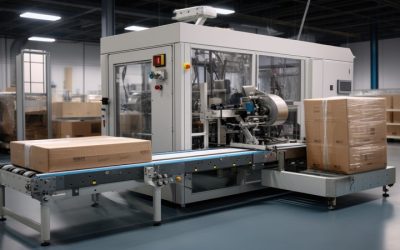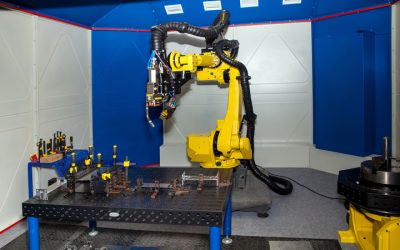In today’s competitive manufacturing landscape, maximizing productivity without compromising quality is essential. American manufacturers face increasing pressure to deliver consistent results while streamlining operations. For those searching for ways to enhance their production process, an Industrial Sieve is a solution many turn to, as it is specifically designed to address the rigorous demands of American manufacturing environments.
Understanding the Role of Sieving in Manufacturing
Sieving has long been an integral part of various industrial processes, from food and beverage production to pharmaceuticals, chemicals, and construction materials. The primary purpose of incorporating sieving equipment in manufacturing is to separate, classify, or remove unwanted particles from bulk materials. This ensures product uniformity, reduces waste, and protects downstream equipment from contamination or blockages.
Key Benefits of a Purpose-Built Industrial Sieve
Modern manufacturing facilities require more than just basic screening equipment. An efficient, purpose-built industrial sieve offers several advantages tailored to the needs of American manufacturers:
- Enhanced Throughput: High-capacity sieving machines can process large volumes of material quickly, reducing bottlenecks and improving overall workflow.
- Consistent Product Quality: Accurate separation ensures only particles of the desired size make it through, leading to uniformity in the final product.
- Reduced Downtime: Robust designs and easy-to-clean features minimize maintenance requirements, keeping production lines running smoothly.
- Compliance with Regulations: Many sieves are constructed using food-grade or pharmaceutical-grade materials, supporting compliance with strict American safety and quality standards.
- Energy Efficiency: Advanced sieving technologies are designed to use less energy without sacrificing performance, helping manufacturers lower operational costs.
Features to Look for in an Industrial Sieve
When selecting sieving equipment for your facility, it’s important to consider features that align with your specific application and industry requirements:
1. Customizable Mesh Sizes: Adaptability to different product specifications ensures flexibility across various production runs.
2. Vibration or Centrifugal Action: Choose the mechanism best suited to your material type and desired throughput.
3. Easy Integration: Equipment should fit seamlessly into your existing production line without causing disruption.
4. Durability: High-quality materials and construction extend the lifespan of the equipment, providing a better return on investment.
5. Safety Features: Look for options that prioritize operator safety, such as dust-tight enclosures or easy-access cleaning panels.
How an Industrial Sieve Drives Efficiency
Integrating the right sieving equipment can transform manufacturing operations in several ways. By automating the separation process, manufacturers free up valuable labor for other tasks, reduce the risk of human error, and boost overall productivity. In addition, improved material handling and reduced contamination risks lead to fewer product recalls and enhanced brand reputation.
For American manufacturers, investing in equipment that’s engineered for their unique needs is key. Whether processing powders, granules, or liquids, a reliable sieve ensures consistent quality, meets regulatory demands, and supports sustainable growth.
American manufacturing continues to evolve, with efficiency and quality at the forefront. By leveraging innovative sieving solutions built for domestic industry standards, manufacturers can achieve higher productivity, minimize waste, and maintain a competitive edge. Choosing the right equipment not only streamlines operations but also ensures products meet the highest standards American consumers and businesses expect.

